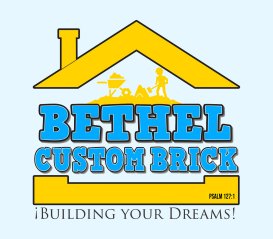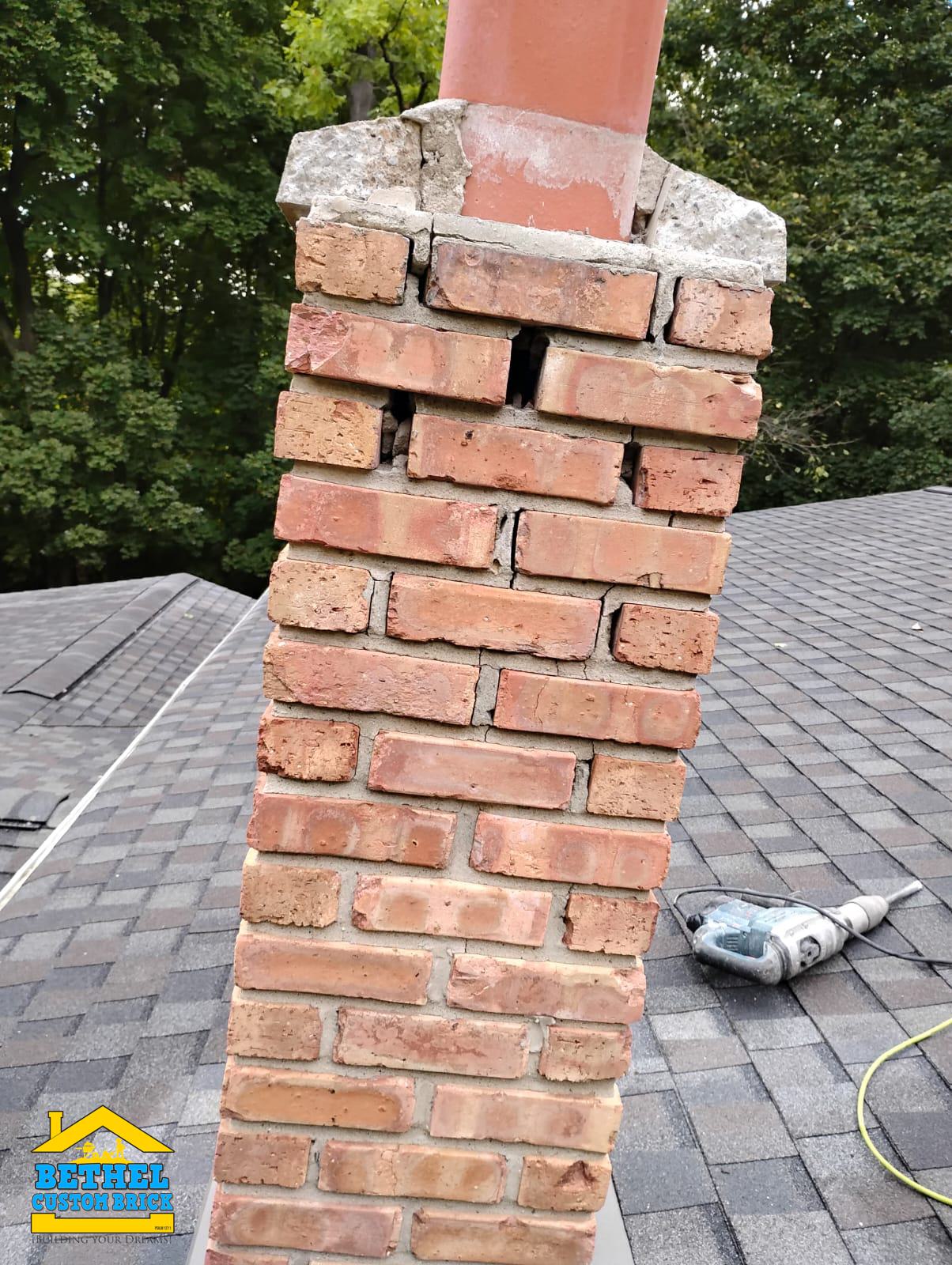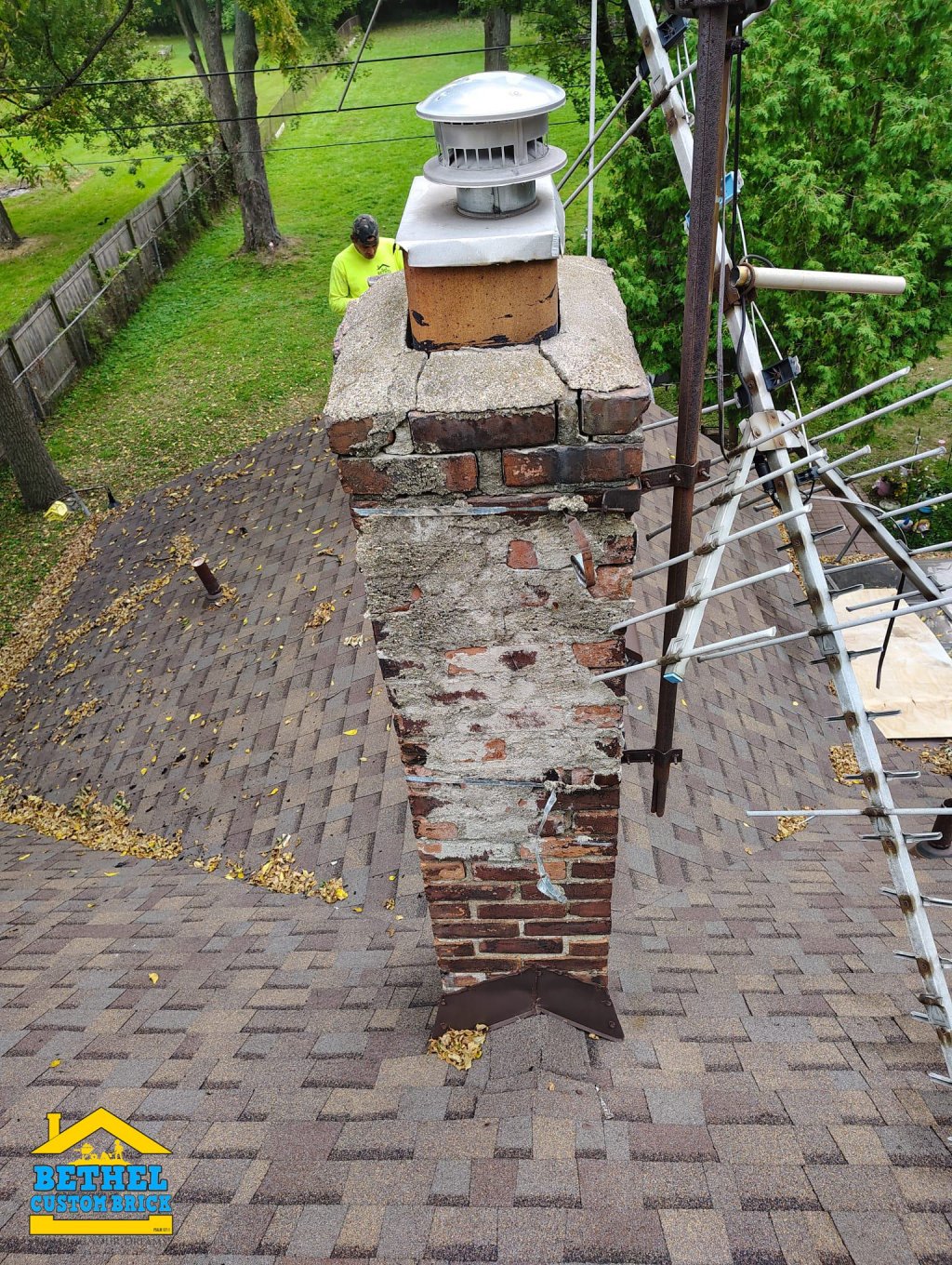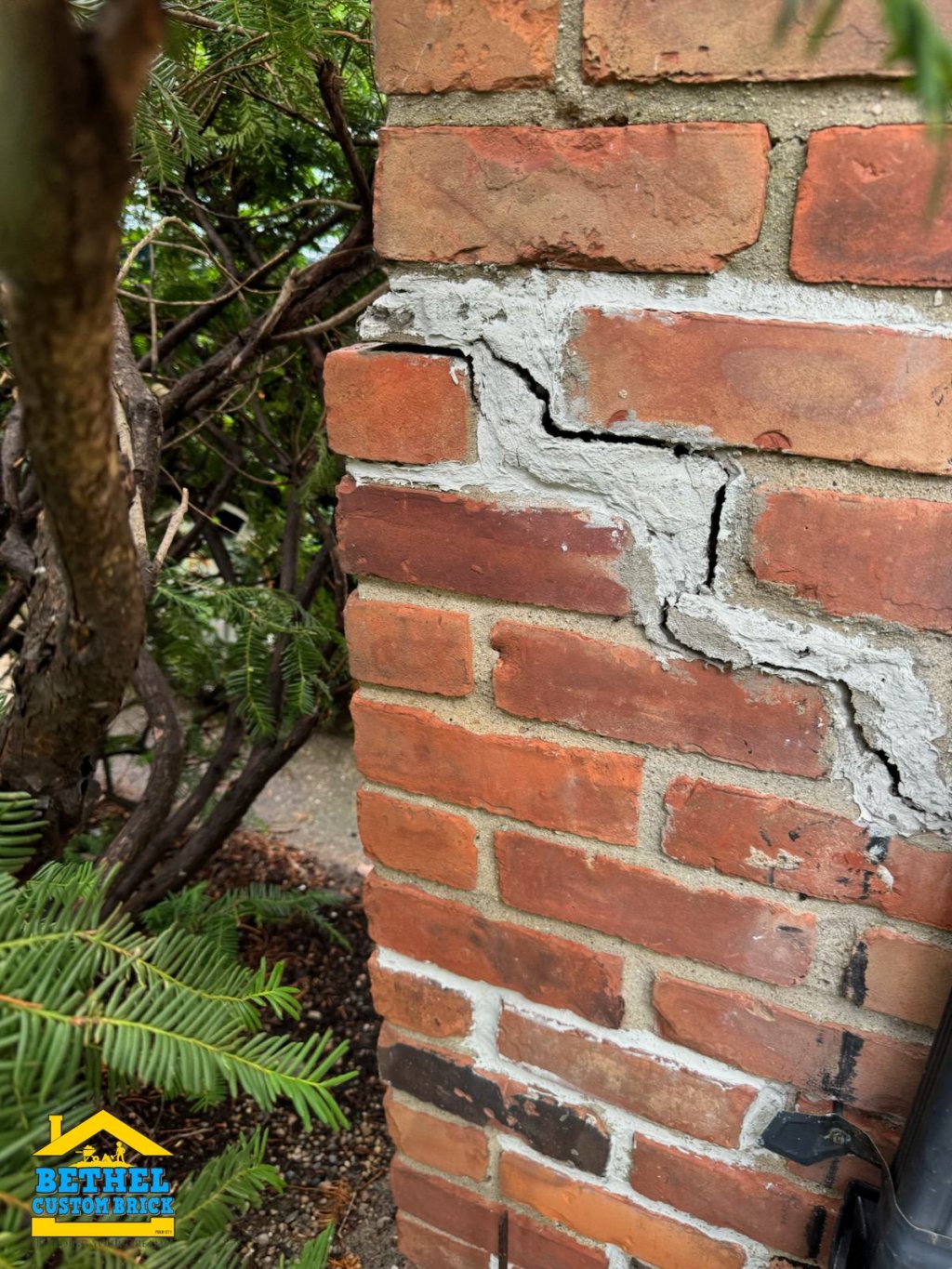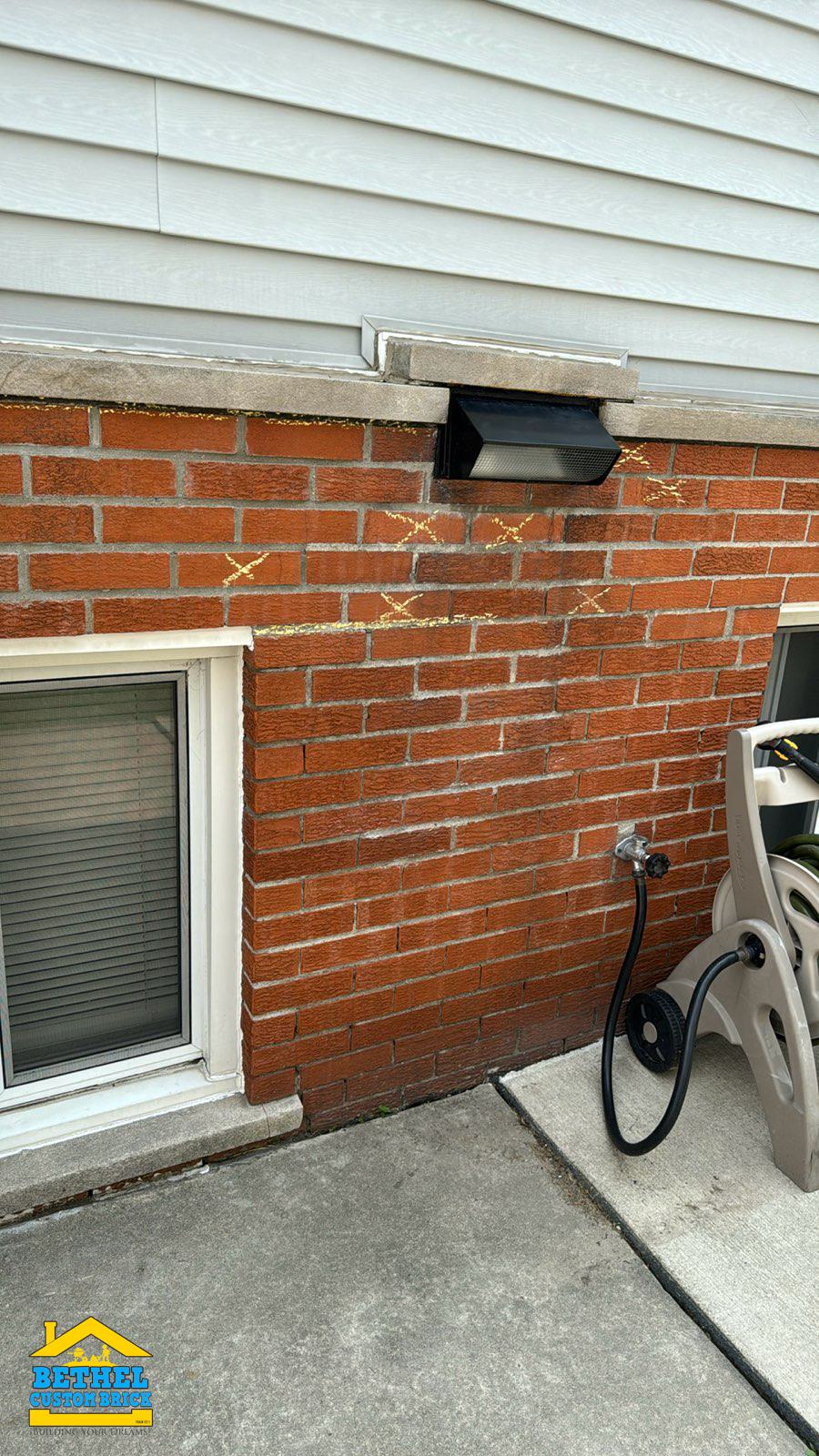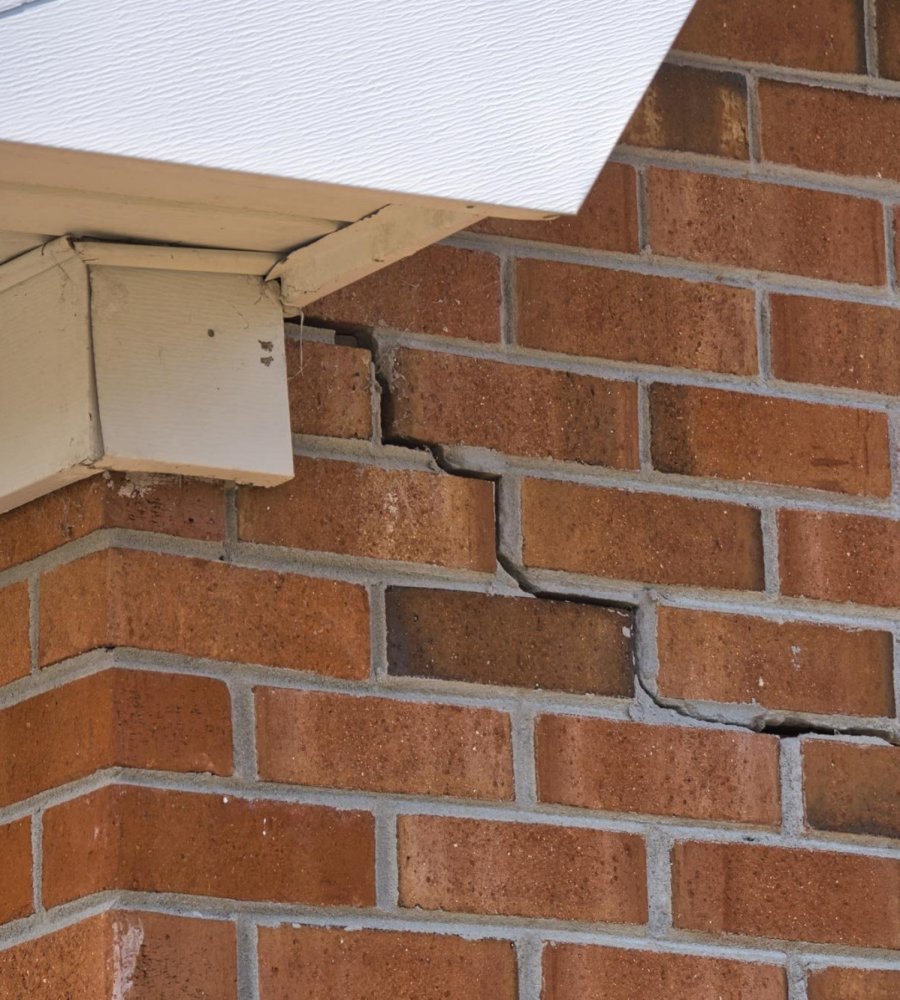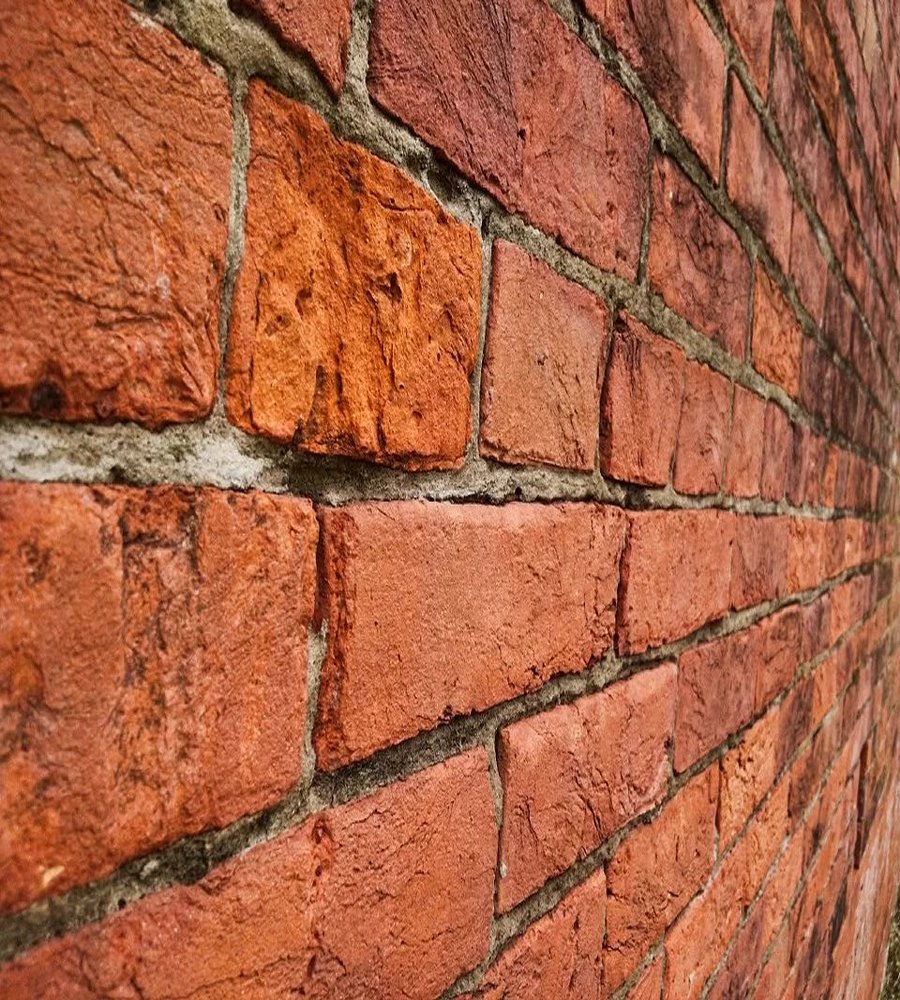Brick and stone structures are known for their durability and timeless appeal. However, even the sturdiest masonry can deteriorate over time due to environmental factors, aging, and general wear. Regular masonry inspections are an essential part of home maintenance, helping to prevent small issues from becoming costly repairs while ensuring your home remains safe and beautiful. Here’s a closer look at the benefits of scheduling regular masonry inspections and why they’re a smart investment for homeowners.
Early Detection of Damage
- 1. How it Helps: Regular masonry inspections allow you to catch early signs of damage before they become larger issues. Common problems like cracks, crumbling mortar, and spalling (flaking brick surfaces) may start small but can worsen if left untreated.
- 2. Benefits: By identifying damage early, you can address it promptly, reducing the need for more extensive (and expensive) repairs down the road. Small repairs are often quicker and less invasive, preserving the structure’s integrity with minimal disruption.
Prevents Water Infiltration and Moisture Damage
- 1. How It Helps: Masonry is naturally porous, meaning that over time, it can absorb moisture, leading to problems like mold, mildew, and structural damage. Regular inspections help identify areas where water may be seeping into the brick or stonework.
- 2. Benefits: Preventing Learn about brick & mortar damage caused by moisturemoisture infiltration helps protect against a range of issues, from efflorescence (white powdery residue) on brick surfaces to more serious structural problems caused by freeze-thaw cycles. By addressing potential water entry points, you can keep your masonry dry and strong.
Ensures Structural Integrity
- 1. How It Helps: Masonry walls are load-bearing structures, which means their stability is crucial to the safety of your home. Over time, settling, foundation shifts, and weather exposure can compromise the structural integrity of brick and stone walls.
- 2. Benefits: Regular inspections assess the structural health of your masonry, allowing professionals to identify any weak points or signs of instability. This proactive approach helps prevent structural failures, ensuring your home remains safe and secure.
Extends the Lifespan of Your Brickwork
- 1. How It Helps: Consistent maintenance and timely repairs help extend the life of brick and stone structures. Without regular inspections, small issues like mortar deterioration and hairline cracks can progress, leading to more severe damage.
- 2. Benefits: Routine masonry inspections ensure that your brickwork is well-maintained, helping it to stand the test of time. A well-cared-for brick home or wall can last for decades or even centuries, preserving both its value and aesthetic appeal.
Enhances Curb Appeal and Property Value
- 1. How It Helps: Masonry is often a key design element that adds character to your home. Cracks, discolored mortar, and damaged bricks can detract from your home’s appearance, potentially lowering curb appeal and property value.
- 2. Benefits: Maintaining your brickwork through regular inspections keeps your home looking its best. For those considering selling, a well-maintained masonry exterior can make a strong first impression and increase buyer interest.
Reduces Energy Loss
- 1. How It Helps: Cracks and gaps in masonry walls can allow drafts and air leaks, making it harder to maintain indoor temperatures. These air leaks can increase energy consumption as your heating or cooling system works harder to compensate.
- 2. Benefits: By addressing these gaps and sealing any cracks, you can improve your home’s energy efficiency. Regular masonry inspections help identify areas where repairs can prevent heat or cool air loss, resulting in lower energy bills and a more comfortable living environment.
Preserves Historical and Aesthetic Value
- 1. How It Helps: For older homes and historic buildings, maintaining the original masonry is essential for preserving their unique character and historical value. Regular inspections help ensure that any repairs are performed in a way that respects the building’s original craftsmanship and materials.
- 2. Benefits: Keeping up with regular inspections allows you to protect the historical integrity of your property. When repairs are needed, professionals can match original materials and techniques, helping to maintain the structure’s authenticity and value.
Helps Prevent Foundation Issues
- 1. How It Helps: Foundation movement can create significant stress on masonry walls, leading to cracks and other structural issues. Regular masonry inspections often include foundation checks to detect any early signs of shifting or settling that could impact the brickwork above.
- 2. Benefits: By addressing foundation issues early, you can prevent costly repairs to both the foundation and masonry walls. This approach helps you protect the entire structure from potential damage caused by foundation movement.
Key Areas Covered in a Masonry Inspection
During a professional masonry inspection, experts examine several critical areas to assess the condition and stability of the brickwork:
- 1. Mortar Joints: Professionals check for crumbling, cracking, or deteriorated mortar that may need repointing to restore strength.
- 2. Safety Risks: Over time, moisture-damaged brick and mortar can weaken to the point where it becomes unstable, posing a risk to anyone nearby.
- 3. Increased Energy Bills: Moisture damage in masonry walls can create gaps that allow air to seep in or out, impacting the insulation of your property. This can lead to higher energy costs as you attempt to regulate the indoor temperature.
- 4. Decreased Property Value: Visible signs of brick and mortar damage can reduce your property's curb appeal and, ultimately, its market value.
When to Schedule a Masonry Inspection
While annual inspections are ideal, the following circumstances may indicate it’s time for a masonry inspection:
- 1. After Severe Weather: Extreme weather, such as heavy rain, snow, or high winds, can accelerate wear and damage to masonry.
- 2. Signs of Cracks or Gaps: If you notice visible cracks, bulging walls, or gaps in mortar, schedule an inspection as soon as possible.
- 3. Older or Historic Homes: Homes over 50 years old, especially those with original masonry, can benefit from regular inspections to preserve their character and strength.
- 4. When Buying or Selling: Masonry inspections are essential during real estate transactions to ensure that brickwork is in good condition.
Final Thoughts
Regular masonry inspections offer numerous benefits, from protecting your home’s structural integrity to preserving its aesthetic appeal. By scheduling consistent inspections, you can address potential problems early, extend the life of your brickwork, and ensure your home remains safe, beautiful, and energy-efficient. If you’re unsure about the current condition of your masonry, consider consulting a professional mason for a thorough inspection. Taking a proactive approach to masonry maintenance is an investment in the longevity and value of your home.
